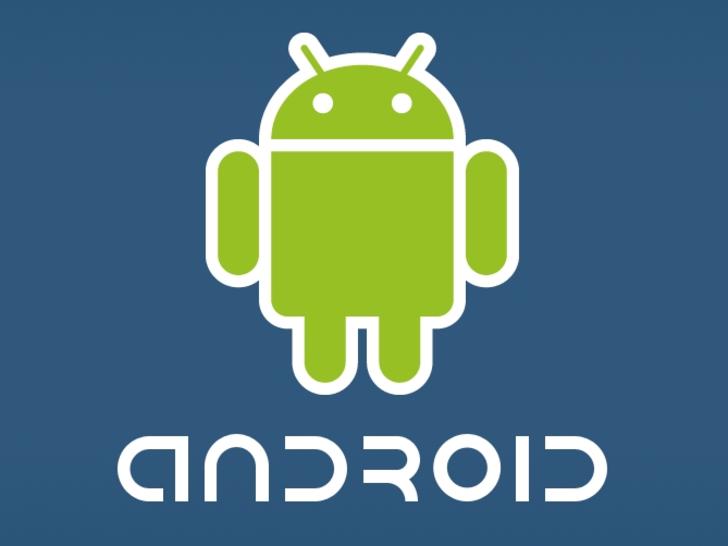A complete history of Android
Everything you need to know about Google's mobile operating system

Back in July 2005, when Google seemed to have so much money it didn't know what to do with, it quietly went about buying up a load of start-up companies.
Some of these never really saw the light of day: for instance, Dodgeball, a service that allowed you to text a group of friends in a similar way to Twitter, has never really appeared anywhere in Google's stable.
But at the same time, it also bought a little-known company called Android Inc, co-founded by Andy Rubin, now director of mobile platforms at Google.
Little was known about this company even within its own industry: in fact, all that was available in terms of description was it was 'it developed software for mobile phones.'
In 2003, before getting involved with Android, Rubin conducted an interview with Business Week:
"Rubin said there was tremendous potential in developing smarter mobile devices that are more aware of its owner's location and preferences.
'If people are smart, that information starts getting aggregated into consumer products,' said Rubin"
Get daily insight, inspiration and deals in your inbox
Sign up for breaking news, reviews, opinion, top tech deals, and more.
The gPhone
Hot on the heels of the iPhone launch, rumours began to increase of Google bringing out its own handset, to help leverage its burgeoning mobile search functions.
Widespread reports of Google hawking its wares round to all the major manufacturers and carriers began to circulate; it was believed the new handset would be designed to work around location-based services and implement a whole host of Google Labs' ideas, as well as the old favourites Maps and Mail.
In fact, the fact Google was spotted more times than a Big Brother reject in the media meant it became a matter of when and not if a gPhone would be announced.
Remember, remember the 5 November (2007)
And then the Californians went and sprang a huge surprised on the world: not only had it not been working on a handset, it had been developing the core of a whole new open-source OS to rival the likes of Symbian, Microsoft et al.
And all those clandestine meetings? The beginnings of what we now know as the Open Handset Alliance (OHA), including HTC, LG, Samsung, T-Mobile and a whole host of other names.
And what many people fail to realise, especially those who call it 'Google's Android', is that the new platform was born out of this group, not Google incorporating the help of others.
Well, that's not strictly true - Google is clearly the main driving force behind the new system, but all factions of the OHA stand to do well from the success of the OS.
Many people had trouble understanding the benefits of what Google Android actually was, and what made it special compared to the raft of other rival OS systems out there.
Lego
The best way to describe it was making all sections of the system like Lego bricks. Where before developers might have struggled to break down the bits of a mobile phone OS, and even if successful, would find that getting one part of the system to talk to another was very difficult indeed, as they were packaged up in their own little programmes.
But with Android, the rules were changed. Fancy making a GPS application that used SMS location updates? The two sections would fit together nicely. If you wanted to add in some location data from the net too? Just pop on a web piece, too.
OK, it may not be that simple, but to the developer community, it represented a big step forward. While the above may have been possible through things like Linux for Mobiles (LiMO), Google Android aims to provide the same thing on a larger, more unified scale, thus bringing a wider audience in the future.

Gareth has been part of the consumer technology world in a career spanning three decades. He started life as a staff writer on the fledgling TechRadar, and has grew with the site (primarily as phones, tablets and wearables editor) until becoming Global Editor in Chief in 2018. Gareth has written over 4,000 articles for TechRadar, has contributed expert insight to a number of other publications, chaired panels on zeitgeist technologies, presented at the Gadget Show Live as well as representing the brand on TV and radio for multiple channels including Sky, BBC, ITV and Al-Jazeera. Passionate about fitness, he can bore anyone rigid about stress management, sleep tracking, heart rate variance as well as bemoaning something about the latest iPhone, Galaxy or OLED TV.